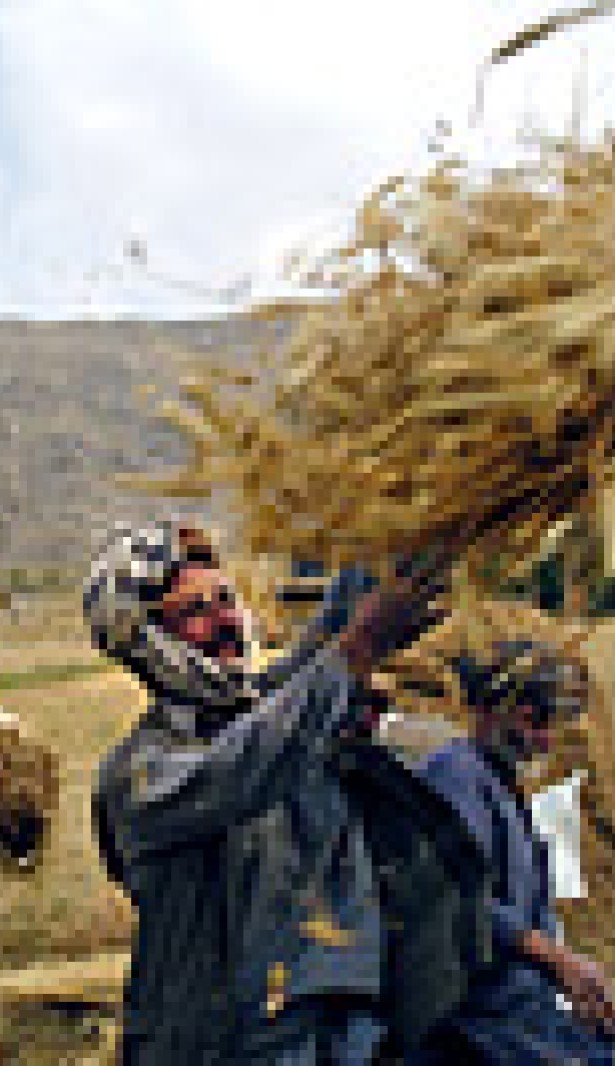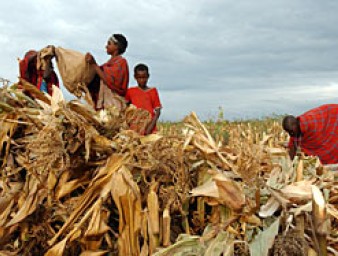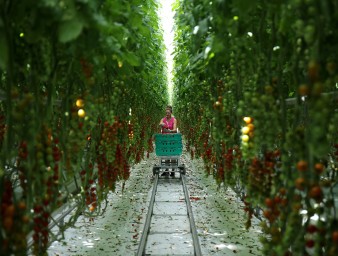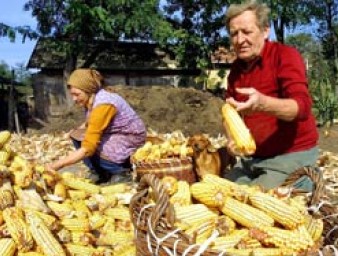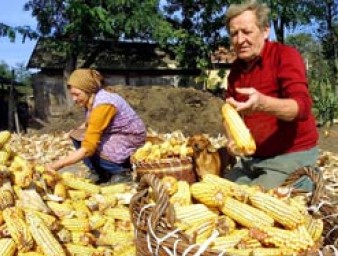High Commissioner: Put people first when tackling the global food crisis
10 March 2009
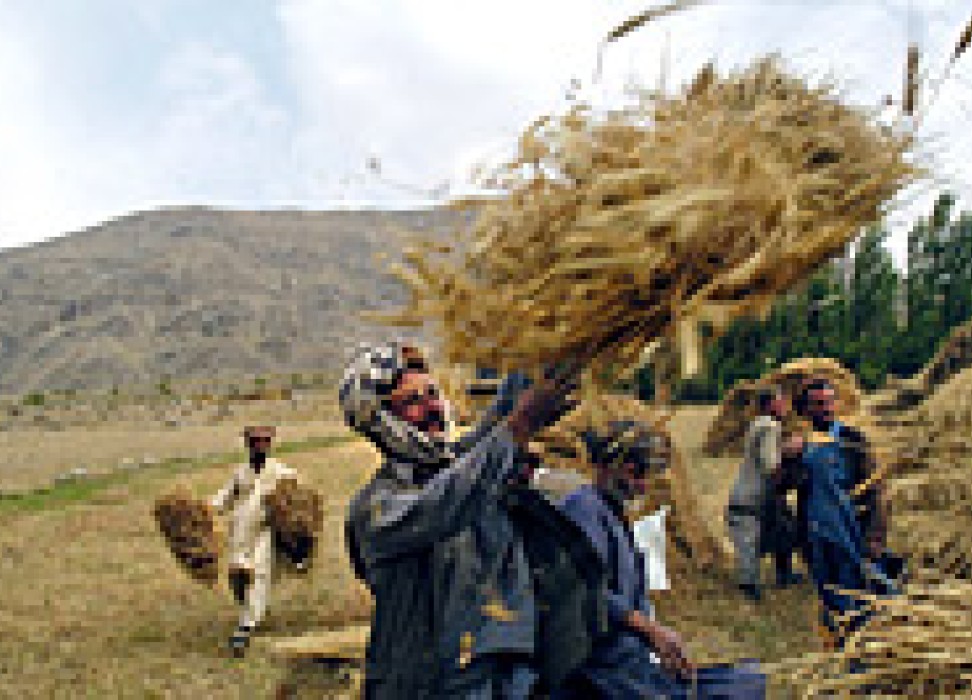
|
We need to put people first in order to help realize their rights and tackle the root causes of the global food crisis, High Commissioner for Human Right Navi Pillay told a Human Rights Council panel on the right to food on 9 March in Geneva. “[E]fforts to mitigate hunger and promote and protect the right to food have not been translated into concrete action to empower those most affected by the crisis, nor have they uniformly benefited those who already suffered from hunger prior to the crisis,” Pillay said in her opening address to the panel. Due to the sharp increase in prices of basic staple food, the number of people suffering from hunger spiked from 854 million to 967 million worldwide. Of particular concern is the situation of the rural and urban poor, landless or small-scale farmers and households headed by women.While food prices in the international market have since decreased, they remain higher than those recorded in 2002 and are unaffordable by the poor. “I cannot overemphasize the need for anchoring strategies and initiatives on human rights in order to make the responses more sustainable and equitable with a strong focus on those men, women and children who disproportionately bear the brunt of this crisis because of discrimination and marginalization. “Putting people first will ensure that we support them both in the realization of their rights and in tackling the root causes of the crisis,” said the High Commissioner. Also on the panel was David Nabarro, Coordinator of the Secretary-General’s High Level Task Force on the Global Food Security Crisis, who highlighted common efforts by the United Nations and other international institutions such as the International Monetary Fund, the World Bank and the World Trade Organization in dealing with the food crisis through the task force. Nabarro pointed out that the Secretary-General recently emphasized the need to integrate the right to food in the responses to the crisis and use it “as a base for analysis, action and accountability.” Another panellist, Olivier De Schutter, Special Rapporteur on the right to food, emphasized the needs to address the rights of workers in agriculture, to better protect rights related to access to lands, and to review and choose models of agriculture that are environmentally sustainable and can empower small scale farmers. The panel also included Jean Ziegler from the Human Rights Council Advisory Committee and civil society representatives Paul Nicholson and Andrea Carmen, who spoke from the perspectives of farmers and indigenous peoples respectively. Nicholson from non-governmental organization (NGO) Via Campesina drew attention to the right to food of peasants, small-scale farmers and fishermen, pointing out that 70 percent of hungry people are living in rural areas and among them, 70 percent are women. Carmen from NGO International Indian Treaty Council emphasized the right to food of indigenous peoples and that “indigenous peoples should be a part of the solution to the food crisis.” Ziegler said that developing countries’ foreign debt, agricultural export subsidies by developed countries and uncontrolled speculation on prices of basic food stuff were the structural causes of the crisis. The Council session, from 2 to 27 March, takes place in the new Human Rights and Alliance of Civilizations Room at the Palais des Nations in Geneva. More information is available on the webpage of the session, which is also webcast live. March 2009 |
